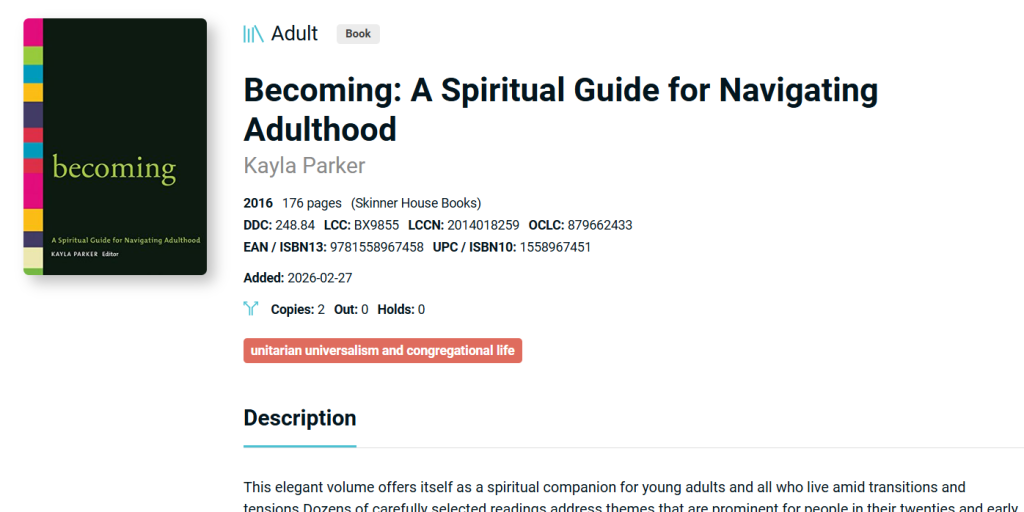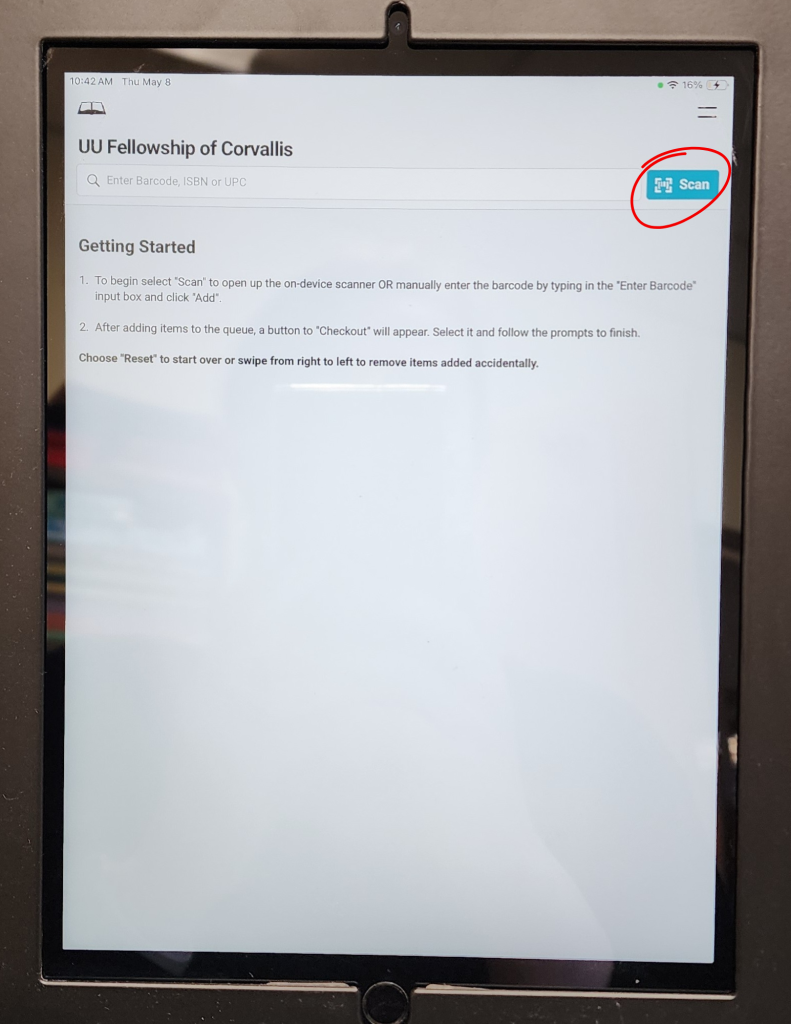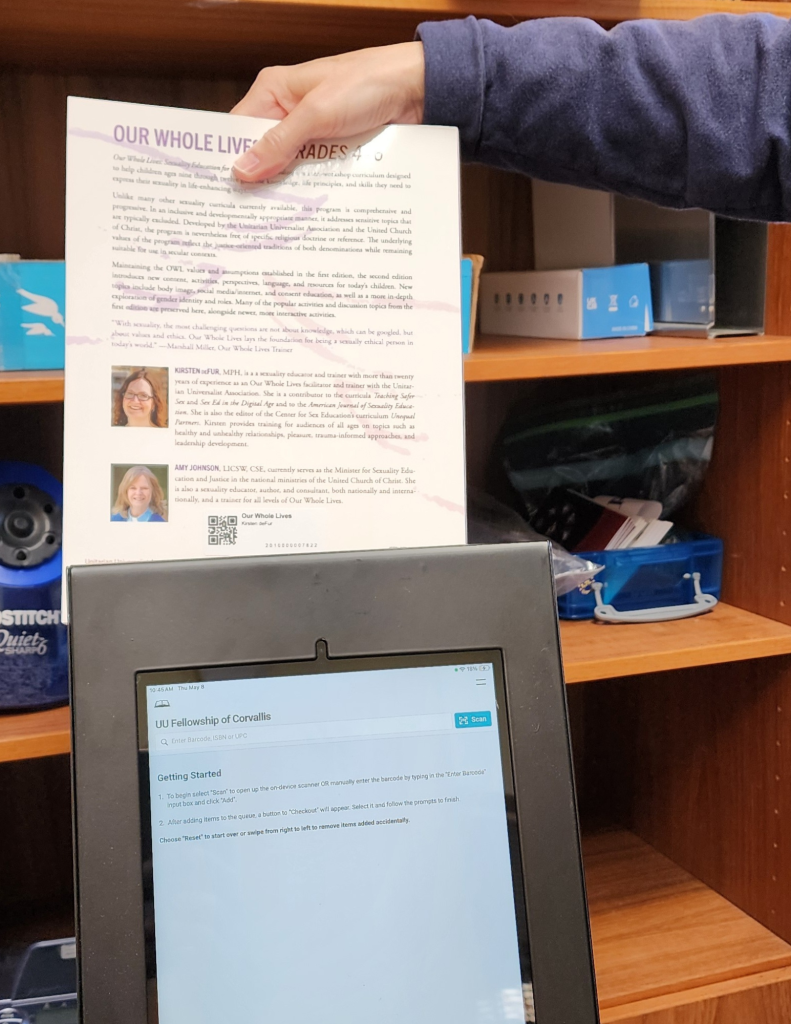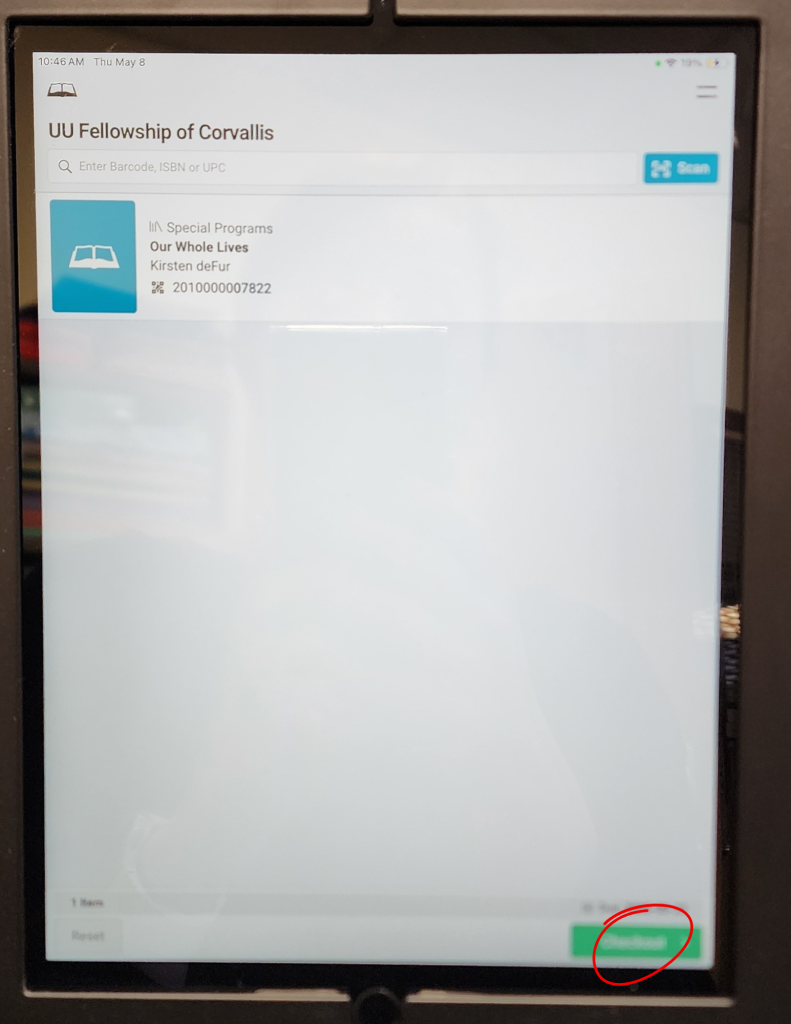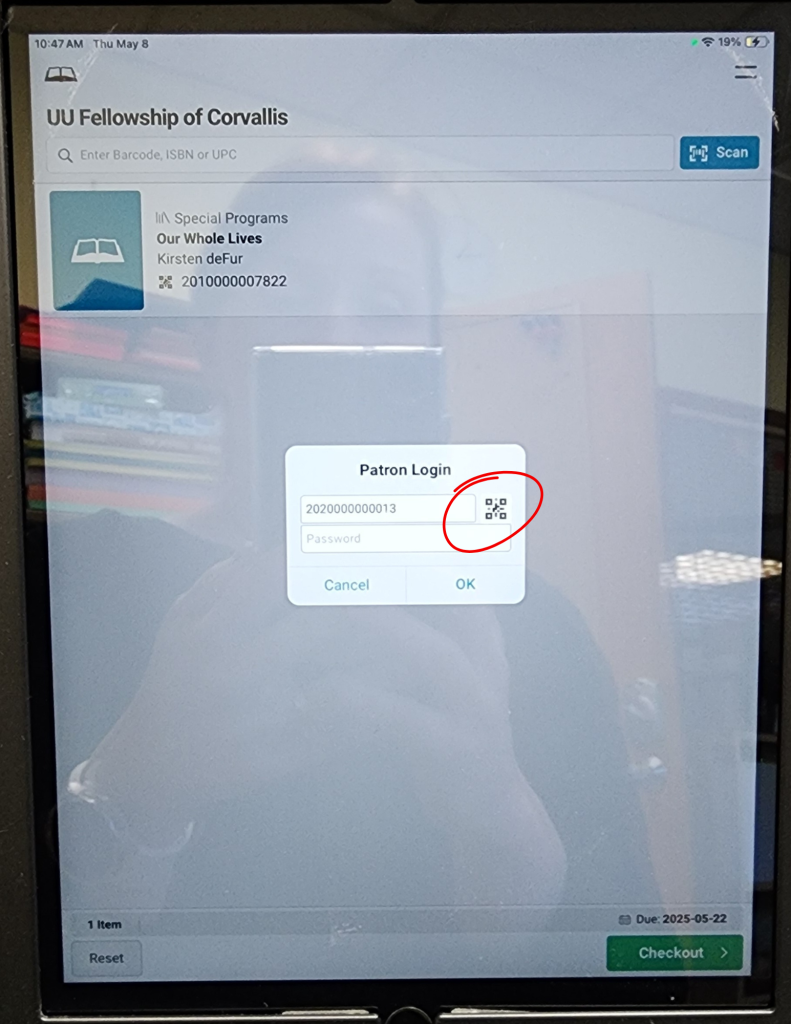
Our March Justice Outreach offering will support our Partner Congregations in Bozod Korispatak, Transylvania, which is in Romania and our Partner Congregation in Burundi, Africa. Our partnerships are 30 and 10 years old, respectively. In that time, we primarily supported the educational pursuits of students in both locations. The UUFC has inherited a commitment to global faith partners. As we consider the uneven local, national and worldwide terrain, it is incumbent upon us to evolve, to engage in collaborations of affection, respect, and trust with others, and to learn, support where asked, and innovate for our sake and for our children. The Global Partners Team is the group through which the UUFC can advance our UU principles of love and justice in the world.
Information about the Monthly Outreach Offering, as well as about UUFC Justice Teams, is posted on the bulletin board at the northeast corner of the Social Hall. Learn more about our Global Partners Team there.
How to donate to the monthly Outreach Offering
Each month, the Fellowship gathers donations for a certain charitable cause. These are our Outreach Offerings. You can contribute to this month’s offering in a few ways:
- Give to the Sunday collection basket
- Donate online
- Donate to the refreshments during the social hour
The Kitchen team donates an assortment of sweet and savory refreshments, including gluten-free and vegan choices, for our enjoyment at the social hour following Sunday worship. These items are purchased and prepared by the team to encourage donations to the Outreach Offering. Collection baskets are always found at the ends of the refreshments table. The next time you’re eyeing something tasty on the table, consider putting a donation in the basket first to show how much you appreciate having that treat ready and waiting for you!




